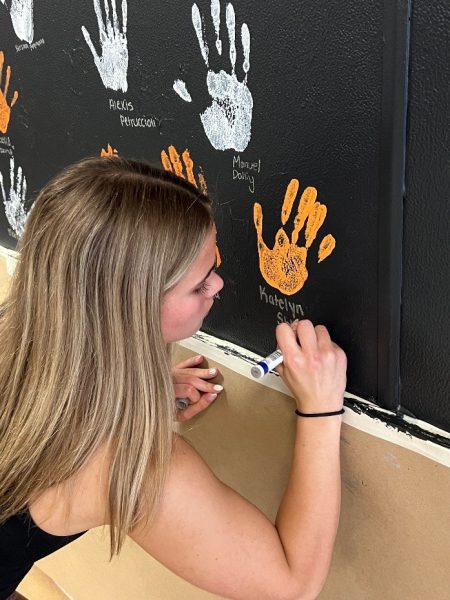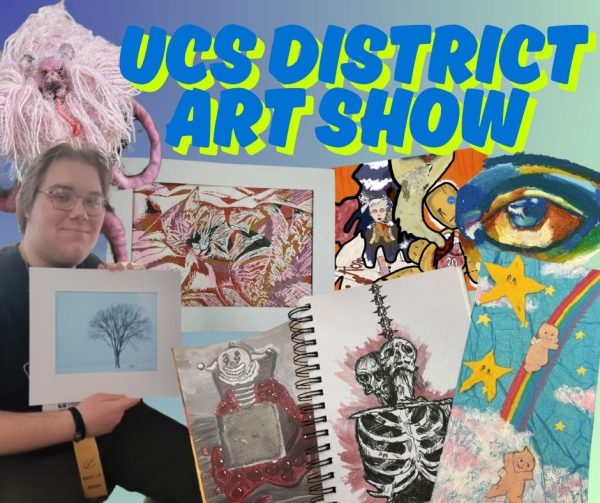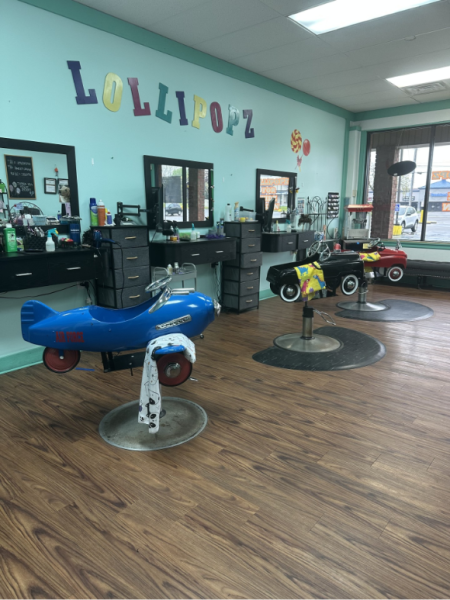Swang Slang: Students use English in new, different ways
It is lit. The American English language is growing faster than ever with new additions to slang.
Slang is defined as very informal words or phrases.
American slang is spoken mainly by famous rappers and others in the spotlight seen by today’s teens.
Slang has been changing throughout history,American slang came into existence after the revolutionary war, when the ties with Britain and the dialect of English changed.
The British soldiers were often referred as lobster-backs because of their red uniforms. Fast forward a century and being “bad” meant being cool, and “guys” turned into dudes. Even swang is swang, as its a combination of swag and slang,
“I don’t usually use slang,” senior Joseph Gornicki said, “but when I do I use terms like sup, and y’all.”
Slang is fun. Slang is sometimes used to identify certain members of a group or to talk in secret, like codes.
Slang shouldn’t be confused with jargon, graffiti, or slogans. Slang terms even differ within the us. Slang in the south, matched with a drawl and a slower pace of words, this voice is most familiar below the mason dixie line.
History has a lot to do with it, as “John Hancock” is another word for someone’s signature, due to the Founding Father’s large signature on the Declaration of Independence.
Americans also “pig out”, which means stuffing themselves with food. Any non-native speaker typically wouldn’t get the reference.
“Riding shotgun” is another popular slang term, which means to ride in the front seat of a car. This phrase originated from “shotgun messenger”, a colloquial term for “express messenger”, when stagecoach travel was popular during the American Wild West and the colonial period in Australia.
“There are two slang terms that are my personal favorites,” principal Thomas Lietz, “and they are the hash-tag and ‘too legit to quit’.”
The saying ‘too legit’ is most known from 90’s rapper MC Hammer’s song “Too Legit to Quit.” But, there were many other instances where this was said. The hashtag a word or phrase preceded by a hash or pound sign (#) and used to identify messages on a specific topic.
“I don’t really say ‘hype’, but my friends say ‘finna’ and ‘bet’ a lot,” senior Mallory Rusk said.
Hypes original meaning is to create interest in by flamboyant or dramatic methods; promote or publicize showily, but is more commonly known to mean exciting or really cool.
‘Finna’ isn’t a real word, but it means about to, like people say “I’m finna go home” or “I’m finna get lit”. ‘Bet’ is just used in a situation when someone says you will or won’t do something and you challenge them that you will by saying “bet” or “bet me”.
American slang will continue to evolve and change as trends come and go in the media and general public.






